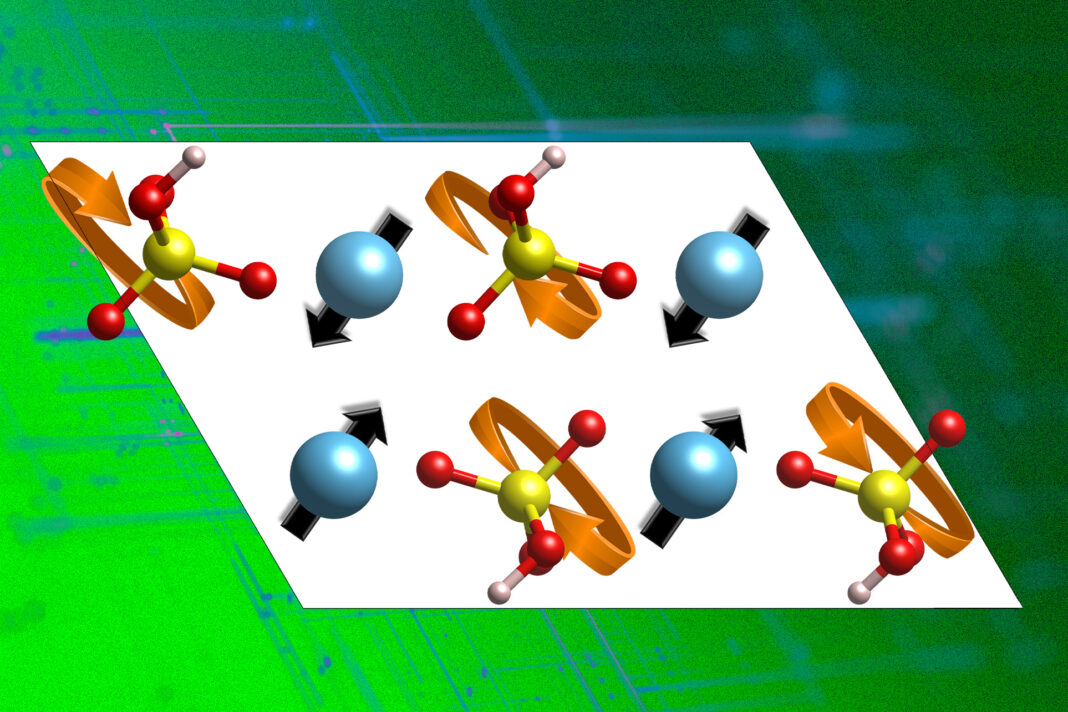In Short:
MIT engineers have identified several new materials that show promise as efficient proton conductors at lower temperatures, potentially enabling advancements in technologies like fuel cells and electrolyzers for clean energy production. Proton conductors are crucial for producing carbon dioxide-free electricity and other industrial chemicals. The researchers found six promising materials with faster proton conduction speeds than existing options, opening new possibilities for energy conversion applications.
Advancements in Proton Conductors for Clean Energy Technologies
Most electronic devices operate through the movement of electrons. Yet, materials capable of efficiently conducting protons, such as the nucleus of the hydrogen atom, have the potential to drive vital technologies to combat global climate change.
Identification of Fast Proton Conductors
MIT engineers have pinpointed specific material traits that contribute to rapid proton conduction. Leveraging these traits quantitatively, the team has uncovered six new candidates showing promise as fast proton conductors. While simulations indicate superior performance compared to existing materials, experimental validation is still pending. Additionally, this research offers insights into the atomic-level workings of such materials.
The study detailing these findings is published in the journal Energy and Environmental Sciences by MIT professors Bilge Yildiz and Ju Li, alongside postdocs Pjotrs Zguns and Konstantin Klyukin, and collaborator Sossina Haile from Northwestern University.
Importance of Proton Conductors
Bilge Yildiz emphasizes the significance of proton conductors in clean energy technologies like fuel cells, which convert hydrogen into carbon dioxide-free electricity efficiently. The production of hydrogen from water vapor and essential industrial chemicals necessitates high-performing proton conductors.
Challenges and Potential Applications
Existing inorganic proton conductors typically operate at high temperatures, posing energy consumption and material durability issues. Through computational analyses, the team has identified solid acid compounds with the necessary lattice flexibility for enhanced proton conduction. These materials exhibit promising capabilities for applications in fuel cells and other clean energy technologies.
While acknowledging uncertainties in simulations, Yildiz anticipates the experimental synthesis of these promising materials for practical utilization in proton-conducting devices. The transition from theoretical findings to tangible applications may span several years, with initial applications likely focusing on electrochemical cells for fuel production.
Research Funding
The research received support from the U.S. Department of Energy, the Wallenberg Foundation, and the U.S. National Science Foundation.





